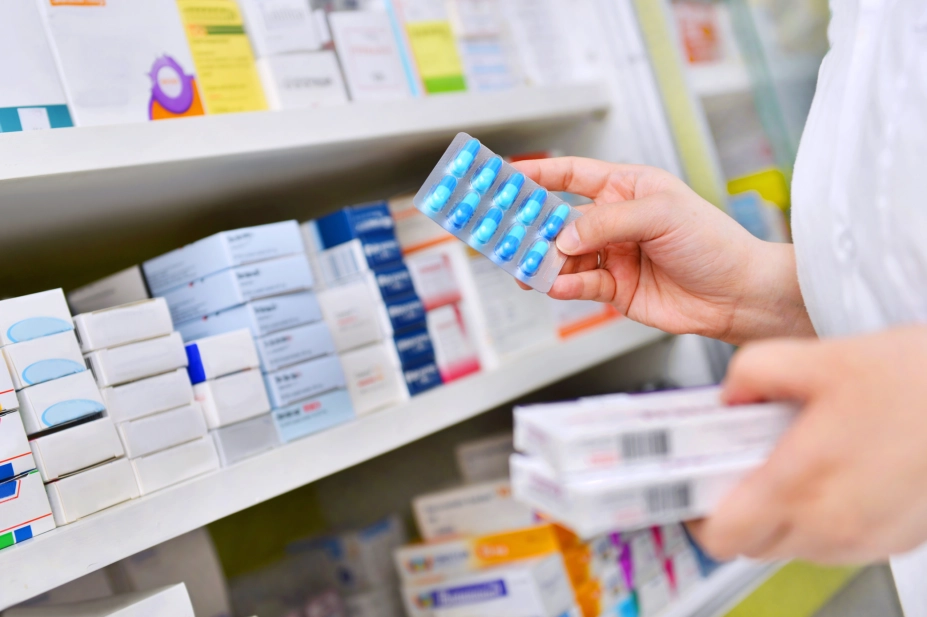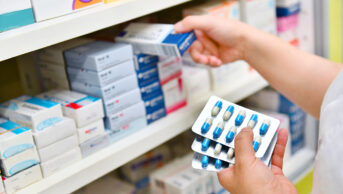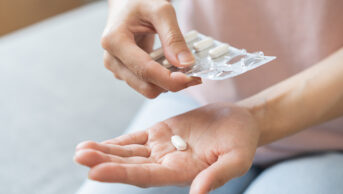
Shutterstock.com
Pharmaceutical companies are withdrawing bonus incentives linked to the volume of antibiotics sold in a bid to combat antimicrobial resistance (AMR), according to the results of an independent analysis of the industry published on 23 January 2018.
Manufacturers are also tightening limits on the antibiotic concentrations of wastewater being released into the environment as they increase their role in the battle against AMR, the report revealed when it was released at the World Economic Forum in Davos, Switzerland.
The analysis was carried out by the Access to Medicine Foundation — a Dutch charity that aims to advance access to medicines in low-to-middle income countries, and “guide” the industry in boosting its part in fighting AMR.
Analysts created an ‘antimicrobial resistance benchmark’ by comparing how a cross section of industry — including large global players, biotechnology firms and generic manufacturers — are responding to the threat of AMR.
They compared data from 30 companies, including research and development records for new antibiotics, responsible manufacturing processes and patient access to their products.
They found that GlaxoSmithKline (GSK) and Johnson & Johnson scored highest among the large research-based pharmaceutical companies.
GSK had the most antimicrobial products in its pipeline — including those which are recognised as the highest priority to win the AMR battle — and was one of only two companies to totally separate employee bonuses from the volume of antibiotics sold.
The generics manufacturer Mylan was the “strongest” performer when compared with nine other competitors in the market. It was recognised for its equitable approach to pricing and its environmental risk management strategy.
Jayasree K Iyer, executive director of the Access to Medicine Foundation, said: “One of the strongest messages to come out of the benchmark is the huge power of generics companies to stop the superbugs. These companies produce the largest volumes of antibiotics, and have been doing this for decades. Some have only recently started tackling AMR. If they can be encouraged to really step up, we will see a big impact.”
Overall, the analysis found that 28 antibiotics recognised by the World Health Organization as targeting priority pathogens were in development by the industry. But only two companies had plans to ensure the products were accessible and used wisely if they came to market.
Nearly half of all the companies looked at had systems in place to track patterns in drug resistance. AMR surveillance schemes were running in 147 countries. Pneumonia was the most widely-tracked infection and Pfizer was running the most programmes, the assessment found.
Eight companies were tightening control over the concentration levels of antibiotic in their wastewater, but none would reveal what these limits were and what waste was actually released into the environment.


